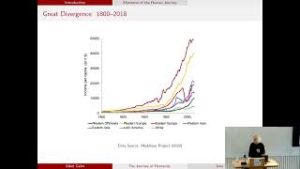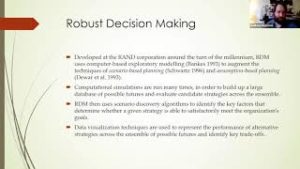The Global Priorities Institute is an interdisciplinary research centre at the University of Oxford.
Our aim is to conduct foundational research that informs the decision-making of individuals and institutions seeking to do as much good as possible. We use the tools of multiple academic disciplines, especially philosophy, economics and psychology, to explore the issues at stake.
We prioritise projects whose contributions are unlikely to be otherwise made by the normal run of academic research, and that speak directly to the most crucial considerations such an actor must confront.
Papers
Economic inequality and the long-term future – Andreas T. Schmidt (University of Groningen) and Daan Juijn (CE Delft)
Why, if at all, should we object to economic inequality? Some central arguments – the argument from decreasing marginal utility for example – invoke instrumental reasons and object to inequality because of its effects…
Read MoreHow many lives does the future hold? – Toby Newberry (Future of Humanity Institute, University of Oxford)
The total number of people who have ever lived, across the entire human past, has been estimated at around 100 billion. The total number of people who will ever live, across the entire human future, is unknown – but not immune to the tools of rational inquiry…
Read MoreHow cost-effective are efforts to detect near-Earth-objects? – Toby Newberry (Future of Humanity Institute, University of Oxford)
Near-Earth-objects (NEOs) include asteroids and comets with orbits that bring them into close proximity with Earth. NEOs are well-known to have impacted Earth in the past, sometimes to catastrophic effect…
Read More





